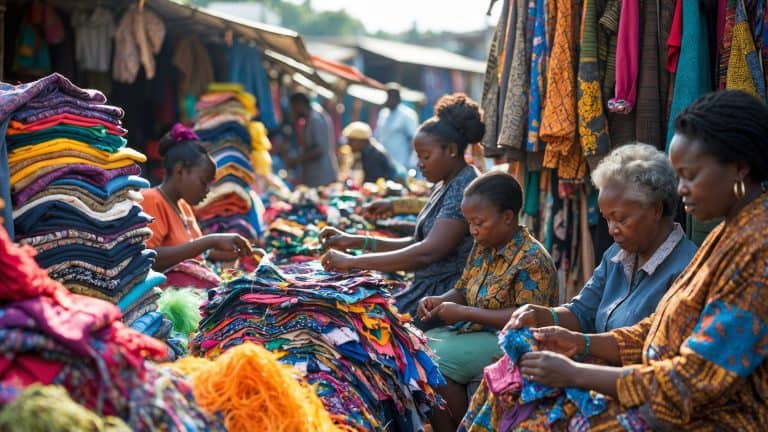This is a premium article written by one of our experts.
Check out

Avoid the $200K Business Registration Mistake in Ghana: A Guide for Foreign Investors
For foreign investors, Ghana offers immense promise, from its thriving industries to its pro-business policies. Yet, misconceptions about business laws and the allure of “easier” informal arrangements have proven disastrous for many. The reality is simple: protecting your investment starts with proper registration and thorough documentation. By understanding Ghana’s legal framework and avoiding common missteps, you can confidently take advantage of the country’s opportunities without compromising your ownership or peace of mind.

Unlocking Wealth: Invest in Ghana’s Promising Diaspora Ventures Today
What if an investment could enrich your portfolio while catalyzing transformative change in thriving African economies? That’s precisely the promise of Ghana’s diaspora-led ventures: robust financial returns seamlessly coupled with far-reaching societal impact.

Competing with Kantamanto Market: Strategies for Importers in Ghana
This is a premium article written by one of our experts. Upgrade to Navigator or Pathfinder read the full article

Partnering with ECG: Expat Solutions to Improve Energy Distribution in Ghana
Ghana’s energy sector, a vital driver of economic growth, faces pressing challenges. Nearly one-third of the electricity generated fails to reach end customers due to inefficiencies in the distribution network. This pervasive issue stifles productivity, disrupts daily life, and adversely impacts businesses across sectors. At the heart of these challenges lies the Electricity Company of Ghana (ECG), tasked with meeting an increasing demand for reliable energy and tackling operational inefficiencies that hinder its ability to deliver.

When Deals Don’t Matter: What Trump’s Trade Comments Mean for Expats Living in Ghana
Trump’s latest trade comments may sound political, but for expats in Ghana, they have real consequences. This article unpacks what it means for your money, business, and future.

Why Ride-Hailing Apps Fail in Accra: Lessons from Bolt’s Success
This is a premium article written by one of our experts. Upgrade to Navigator or Pathfinder read the full article
One Comment
Comments are closed.